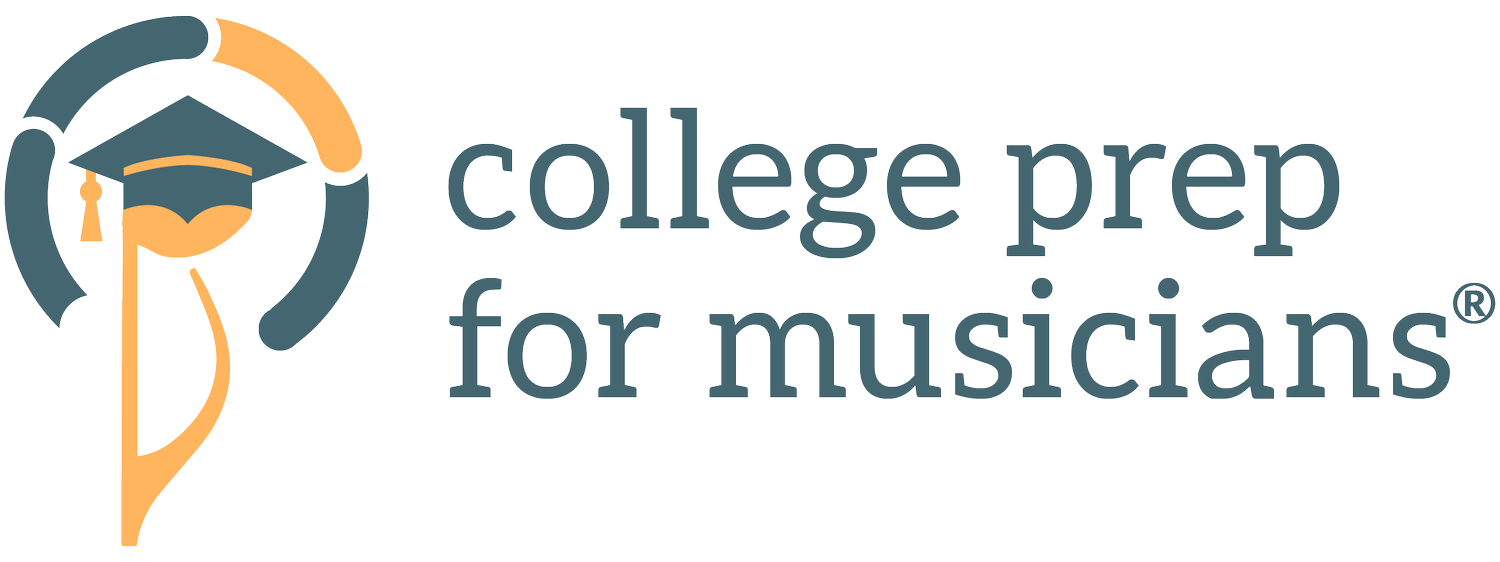College Fairs: Advice from the Other Side of the “Table”
A large in-person college fair may have several hundred schools in attendance, with hundreds of conversations taking place in the same room at the same time. It can be overwhelming if you’ve never been to a fair before. Additionally, a virtual college fair adds in technology that, from my side of the “table,” can change the atmosphere and create hurdles for connecting with others. If you have not done any research or preparation for a college fair, here is a good place to start:
On the highest level, attending a college fair (virtual or otherwise) allows you to do two things:
Learn more about schools you already know.
Discover schools of which you have never heard.
Schools You Know
In this case, start by going to the fair’s website ahead of time and find the list of schools that will be in attendance. Look to see if schools that you know will be present, and research those schools a bit more ahead of time. This doesn’t have to mean hours spent digging into a school’s website, but you should at least have a vague idea of why the school might be a fit for you.
For example, if you are interested in music education and you know that a college 50 miles away from your home is of interest to you because of its location, do you know if that college offers a major in music education?
When you walk up to the table (even virtually), you are now equipped to say, “Tell me more about your music education major.” And if the college does not offer that major, you can talk to the rep about your career goals to see if the college has another path that you can take to reach those goals.
In the College Prep for Musicians™ book and online course, it is suggested to make a list of important questions that you want answered as you research schools and professors. These are often lingering questions that you have not found via the school website. Examples could include practice room hours, music-based scholarship opportunities, specific course curricula, ensemble placement and availability, or extra-curricular opportunities. When speaking with the schools at a college fair, refer to your question list. This information can serve very useful when deciding where you want to apply or even which school you want to attend.
Schools You Don’t Know
As someone who attends fairs as a school representative, I always take a few moments to wander the aisles before the fair begins. There are often schools present that I have never heard of—schools that have rich offerings different from the institution that I am representing.
Every fair you attend will have schools that you don’t know. The advice here is to use the opportunity to expand your list of options by learning about some of these schools.
Your conversation with the school’s rep can start like this: “I am interested in majoring in [fill in the blank]. What type of program do you have where I can study that?”
The answer may be, “We don’t offer that major.” But the answer also may be, “Let me tell you about a wonderful program that we do have.” You could find that the school does not offer a Bachelor of Music degree in Viola Performance, but it does offer a Bachelor of Fine Arts degree in Viola Performance. Now you can have a conversation about the difference.
Basic questions such as where the school is located, its size, its focus (liberal arts, engineering, music, etc.), sometimes help you decide immediately if you want to continue the conversation. But be curious and ready to learn.
Final Advice
A college fair is an opportunity to gather information from a primary source—that is, you can learn about a school from someone who actually works at the school. Do a bit of prep, ask questions. The reps have answers, and they want to share them with you.
Good luck!


